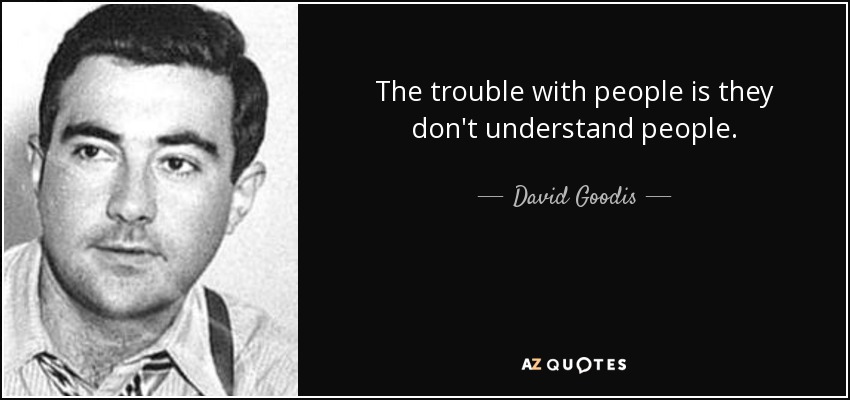Scan barcode
A review by glenncolerussell
Shoot the Piano Player by David Goodis
5.0

This gritty, hard-boiled novel by David Goodis opens with an action scene where a bloody-faced Turley Linn is running for his life through the alleys of a Philadelphia slum, fleeing from two professional hit-men. Turley ducks into a run-down neighborhood bar called Harriet's Hut and finds his brother Eddie (the novel's main character) who he hasn't seen in over six years. Eddie acknowledges his brother but remains cool and doesn't stop playing his sweet honky-tonk music on the joint's piano. Remaining cool, detached and emotionally uninvolved is the key note (no pun intended) of Eddie's threadbare, solitary life.
In the first few pages we also come to know there is another side to cool Eddie, that is, some years ago Edward Webster Lynn, a concert pianist trained at the Curtis Institute, toured Europe and performed at Carnegie Hall, captivating and mesmerizing audiences with musical talent bordering on genius.
Then why, we may ask, is one of the world's greatest pianists tickling the eighty-eight at a rundown bar? It isn't until midway through the novel that we are given Eddie's backstory. Turns out, Edward was once deeply in love and married to a beautiful Puerto Rican woman named Teresa. One evening at a midtown Manhattan party, Teresa confesses to Edward that she had an affair with his high-class concert manager. Completely unhinged, Edward stomps out of the room. Seeing herself as unclean trash, Teresa jumps out a window.
Thus, we are given yet again another side of Eddie the piano player, the cool guy with his soft-easy smile, when, after the funeral, Edward goes ballistic. Late at night in Hell's Kitchen NYC, he gets himself mugged, robbed and beaten up, enjoying every minute of the violence. He then seeks out more violence again and again and gives as good as he gets, including mauling two policemen.
So violent is Eddie that a strong-arm specialist in the Bowery tells his buddies the next time he fights with the guy he'll need an automatic rifle. The author conveys Eddie's reflections on this period in his life, "Now, looking back on it, he saw the wild man of seven years ago, and thought, What it amounted to, you were crazy, I mean really crazy. Call it horror-crazy."
With this background and insight into Eddie's character, we have a more complete overview of the violence taking place one afternoon at Harriet's Hut. The bar's bouncer, Wally Plyne aka the Harleyville Hugger, admits to taking money for giving Eddie's address to the two hit-men. This causes Lena, the young, attractive waitress and friend of Eddie, to erupt with a torrent of verbal barbs and insults aimed at Plyne. Plyne tells her to shut her mouth but Lena keeps it up.
Plyne explodes, smacking Lena in the face. Lena keeps up the insults. Plyne smacks her again. Lena spits out more insults. More slaps and punches from Plyne. At this point Eddie steps in. Eddie and Plyne exchange punches. Plyne picks up a chair leg to use as a club and then, in response, Eddie grabbing a long, sharp bread knife. Fearing for his life, Plyne races out the back door. Eddie follows, knife in hand. Several minutes later, squeezed in one of the Harleyville Hugger's lethal bear-hugs, Eddie goes for Plyne's arm with the knife but Plyne suddenly shifts position and the knife sinks into Plyne's chest. Plyne slumps over, dead.
I focus on this scene because, to my mind, what happens underscores the author's view of human nature: people are capable of extreme violence; it is only a matter of the flash point. Doesn't matter if a person is an accomplished classical musician or an attractive twenty-seven year old waitress, push the buttons in a certain way and a man or woman will erupt like a volcano. Ah, the horror-crazy buried deep within us all.
David Goodis made it a practice to routinely visit the bars and hangouts and hot spots in Philadelphia's rat-infested, poverty-stricken slums. As a writer and artist, he opened himself to life as it was lived in the urban underbelly of the 1940s and 1950s - desperate, dark and dangerous - and sat at his typewriter and wrote all about it.